
Athletic performance, whether on the professional field or during a weekend warrior’s intense session, hinges on a delicate balance of training, nutrition, and recovery. While a wholesome, balanced diet forms the bedrock of an athlete’s physical well-being, sometimes our bodies require a little extra support to truly excel and bounce back efficiently. This is where targeted supplementation comes into play, offering a strategic advantage by providing essential nutrients and vitamins that might be difficult to obtain sufficiently through food alone or that the body struggles to produce naturally.
Supplements are not a substitute for healthy eating habits; rather, they serve as powerful allies designed to boost the body’s capabilities. They can aid in numerous physiological processes, from accelerating muscle building and facilitating weight loss to enhancing recovery and significantly improving exercise performance. With an extensive array of options available, selecting the right supplements requires careful consideration of ingredients, potential side effects, and their anticipated impact on your body.
To help navigate this landscape, we’ve compiled insights into 13 of the most important supplements that leading sports doctors frequently recommend. These selections are chosen for their proven efficacy and their ability to address common athletic needs, helping you make informed decisions to elevate your fitness journey. Always remember to consult your physician before integrating any new fitness, nutritional, or supplement regimen into your routine, as individual needs and health conditions vary.
Now, let’s dive into the first seven indispensable supplements that can make a profound difference in an athlete’s pursuit of excellence.
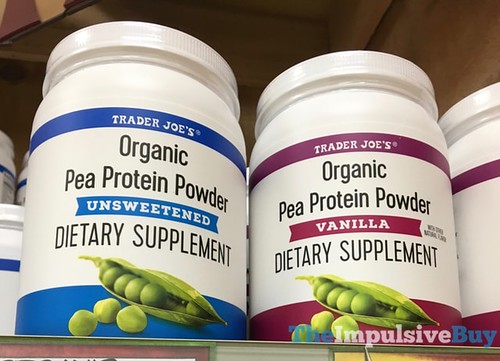
1. **Protein Powder**Protein powder stands out as one of the most widely recognized and crucial supplements for athletes, earning its spot at the top of many recommended lists. This versatility comes from the numerous types available on the market, catering to diverse dietary needs and preferences, including popular options like whey, casein, egg, pea, hemp, and mixed plant proteins. For athletes, taking protein powder before a workout can maximize muscle gain, making it a strategic component of their training regimen.
Whey protein, in particular, is a favored choice among athletes preparing for competition because it is known for delivering fast results. It plays a vital role in muscle synthesis, which is critical for growth and repair following intense physical activity. However, it is essential to exercise due diligence when selecting a protein powder, as some products may contain heavy metals. This highlights the importance of choosing protein from an NSF-certified brand to ensure quality and safety.
While generally safe, minor side effects such as thirst, nausea, bloating, or headaches can occur. Protein powder is typically consumed by mixing one or two scoops with water or milk daily. Conveniently, some performance-enhancing supplements even come premixed as drinks, ready for consumption on the go. Three of the best protein powder brands that consistently get the job done include BioSteel, Optimum Nutrition, and Garden of Life. The price for protein powder varies depending on the size and type you buy, but on average, you’ll spend $30 to $60 for a tub that can last a month.
Read more about: Seriously Where Did They Go? 15 Iconic American Foods That Vanished From Our Tables.

2. **Branched-Chain Amino Acids (BCAAs)**Branched-chain amino acids (BCAAs) are a group of three essential amino acids—leucine, isoleucine, and valine—that are highly valued in the athletic community for their significant role in muscle health. These powerful compounds are instrumental in preventing muscle breakdown, which in turn leads to enhanced performance during workouts and improved recovery afterward. Beyond protecting muscles, BCAAs can also contribute to decreasing body fat while helping to build lean mass, making them a dual-action asset for body composition goals.
One of the attractive aspects of BCAAs is that no side effects are explicitly connected to them, making them a generally well-tolerated supplement for most individuals. However, it is important to note that studies’ results on BCAAs vary, emphasizing the need for individuals to be well-informed before taking this supplement. There’s also no general suggestion for dosage, so athletes should always check the label of the specific supplement they buy for proper guidance.
For those seeking quality, some of the best BCAA brands on the market include 1st Phorm, Life Extension, and Advanced Bionutritionals. These supplements are often available in capsule form, with a typical supply of 90 capsules costing between $20 to $30. Incorporating BCAAs can be a smart move for endurance athletes, as they are particularly noted for supporting sustained effort and quicker bounce-back during intense training and competition.
Read more about: Amino Acids: Unpacking Supplements and Why They Matter

3. **Ashwagandha**Ashwagandha, an adaptogen, is an herb that is gaining considerable traction in the sports and fitness world for its remarkable ability to support athletic performance and recovery. As an adaptogen, it helps the body manage stress, particularly the physical stress induced by rigorous workouts. This translates into tangible benefits: it increases muscle strength and can improve recovery time after workouts. By decreasing the stress your body feels when you’re working out, you’re able to take in more oxygen, so you don’t feel depleted while exercising.
A significant benefit of ashwagandha is its potential to naturally increase your testosterone levels over time. Since ashwagandha is an herb, there aren’t the same risks of side effects as there are with steroids or other speed supplements, making it safe to try for many athletes looking for a natural boost. It’s recommended to take at least 300mg of ashwagandha twice a day for optimal benefits.
Consistent use over an 8 to 12-week period is typically when individuals begin to notice an increase in their oxygen intake and overall physical health. Three quality ashwagandha brands include XWerks, Physician’s Choice, and Transparent Labs. Prices for a two-month supply of tablets usually range from $20 to $30, making it an accessible option for long-term health and performance support, especially for recovery.
Read more about: I Tried the Most Popular Protein Bars — Here’s a Deep Dive into the Best and What to Consider for Your Goals
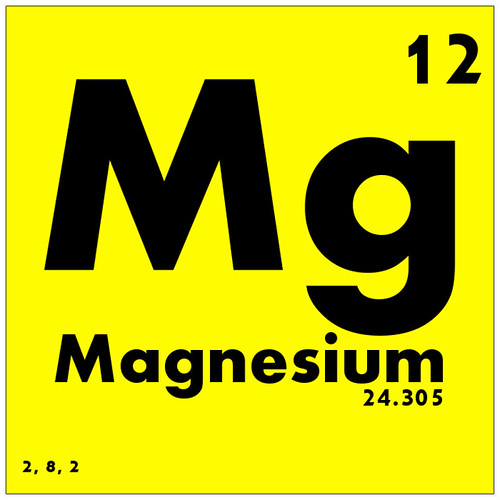
4. **Magnesium**Magnesium is an absolutely vital mineral, playing a role in numerous bodily functions, and its importance for athletes cannot be overstated. Every cell in the body uses magnesium, with about 30% of it found in your muscles. It helps produce energy and deliver strength to your muscles by decreasing lactate levels, which are responsible for muscle fatigue and soreness, thus enhancing overall physical performance.
However, discretion is key when supplementing with magnesium. It is crucial to check with your doctor before taking a magnesium supplement, as too much magnesium can cause diarrhea. The recommended daily intake for a supplement is up to 250 mg. Beyond supplements, magnesium can also be naturally sourced from a variety of foods, including sunflower seeds, chickpeas, oats, and cashews, providing a dietary approach to maintaining adequate levels.
For those opting for supplements, the top three brands for magnesium tablets include Life Extension, Athletic Greens, and BiOptimizers. The price varies according to how many capsules are in the jar, ranging from under $10 to $30. Ensuring sufficient magnesium levels is paramount for muscle function, energy metabolism, and overall cellular health, making it a foundational nutrient for any active individual.
Read more about: Unlock Your Potential: 15 Science-Backed Strategies to Shatter Workout Plateaus and Ignite New Gains
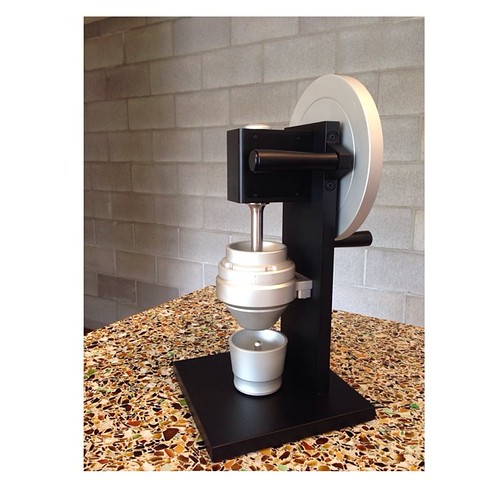
5. **Coffee**Far more than just a method to wake your body up in the morning, coffee has firmly established itself as an effective supplement for athletes. The key performance-enhancing compound in coffee is caffeine, which is well-documented for its ability to increase your endurance, helping you feel resistance to fatigue so your workout won’t feel as taxing. This allows athletes to push harder and longer during their training sessions or competitions.
While the benefits are clear, it’s important to be mindful of potential side effects of drinking coffee before exercising, which can include heart palpitations and shaky hands. You can often lower your intake to counterbalance these effects. Your bloodstream quickly absorbs caffeine, and the levels stay high for up to four hours, providing a substantial window for a quality workout session.
Consuming 100 to 200 mg of caffeine will greatly improve your endurance, which is equal to drinking two cups of coffee. Three of the best coffee brands are Black Ink Coffee Company, Lifeboost Coffee, and Bulletproof Coffee. You can find regular coffee at the grocery store at an affordable price, but it is always recommended to shop from a trusted roaster online. The brands listed above are a bit more, but it’s worth it for the quality that you receive and any additional vitamins and nutrients found within.
Read more about: Smart Style, Smarter Savings: 13 Affordable IKEA Finds That Mimic High-End Designer Furniture
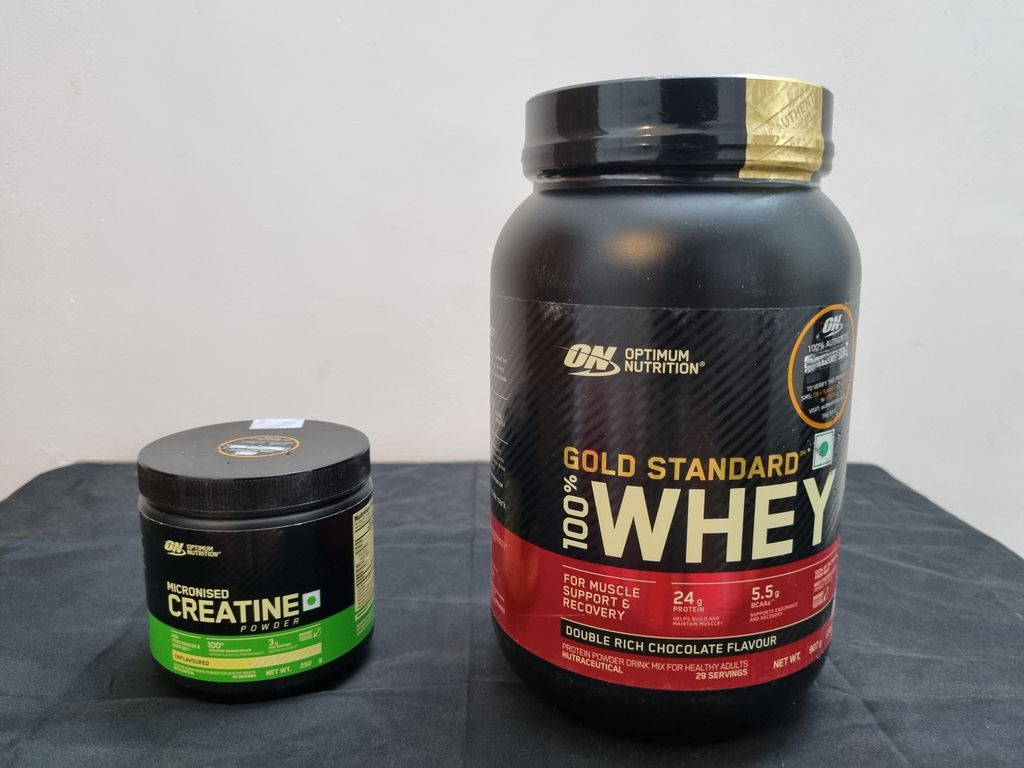
6. **Creatine**Creatine stands as one of the most extensively studied and scientifically backed supplements in the athletic world, consistently proving its efficacy in enhancing performance. Studies have found that creatine produces adenosine triphosphate (ATP), which is a basic form of energy all cells use. When you exercise, you deplete your body’s ATP quickly; taking creatine gives you more of an ATP reserve to draw on, which translates into increased power output and prolonged high-intensity efforts.
Beyond its direct impact on energy, the supplement also increases muscle building. Creatine is a supplement safe for long-term use, so you don’t have to worry about side effects. The only potential side effect that is currently being researched is whether or not creatine can lead to hair loss, though evidence remains inconclusive. To get the most out of creatine, it is recommended to take 20g per day for seven days, then take maintenance doses of up to 5g per day for several days.
Some of the best brands for creatine include 1st Phorm, Legion Athletics, and Bare Performance Nutrition. You’ll pay about $30 for 30 to 50 servings of creatine. It’s no wonder creatine is often cited as the most popular supplement, with countless studies backing its effectiveness in building muscles and increasing power and speed, even going beyond physical health to also boost brain function, ensuring the athlete is in top form across the board.
Read more about: Beyond the Hype: 14 Enduring Food & Health Myths That Men Need to Stop Believing Right Now
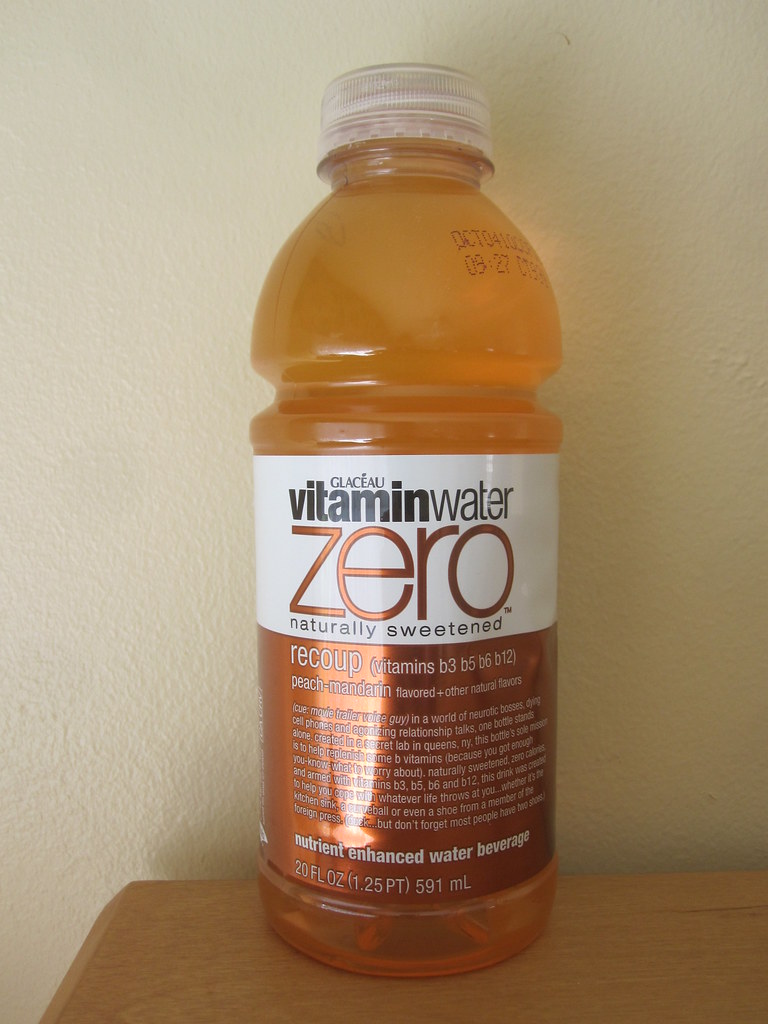
7. **Vitamin D**Often referred to as the “sunshine vitamin,” Vitamin D is far more than just a bone health nutrient; it is one of the best vitamins for athletes, playing a critical role in overall physical performance and injury prevention. Its most well-known function is strengthening bones by regulating your body’s calcium. When athletes take vitamin D supplements, they also build stronger muscles, a benefit that makes it less likely that they’ll get injured while working out or playing sports.
As a natural supplement, the side effects aren’t too severe. However, in rare cases, taking too much can lead to hypercalcemia, a toxic condition of your body having too much calcium in the blood. Taking too much won’t increase the benefits but rather makes your bones more likely to fracture with a fall. You can consume more vitamin D naturally by eating more fish, eggs, and vitamin D milk. Spending time in the sun also effectively increases your vitamin D levels.
If you’re taking a supplement, you should take 600 to 800 international units a day. While there are cheaper alternatives, sticking with a trusted manufacturer is recommended. Three of the best vitamin D brands are Athletic Greens, mindbodygreen, and Peak Performance. You can find vitamin D capsules at drugstores and health stores at an affordable price, but purchasing them online with a monthly subscription is best. Tablets specifically geared towards athletes will cost more because they have additional nutrients.
Following the insightful review of the initial seven vital supplements for athletes, we now continue our comprehensive exploration into additional key aids that can significantly enhance performance, recovery, and overall well-being. These remaining six supplements, backed by expert recommendations, offer diverse benefits, from boosting oxygen delivery and muscle endurance to supporting joint health and managing stress. Understanding their unique contributions, proper dosages, and potential considerations is crucial for any athlete or active individual looking to optimize their fitness journey safely and effectively.
Read more about: Unmasking the Metabolic Saboteurs: 14 Sneaky Habits Quietly Killing Your Metabolism and What to Do About Them
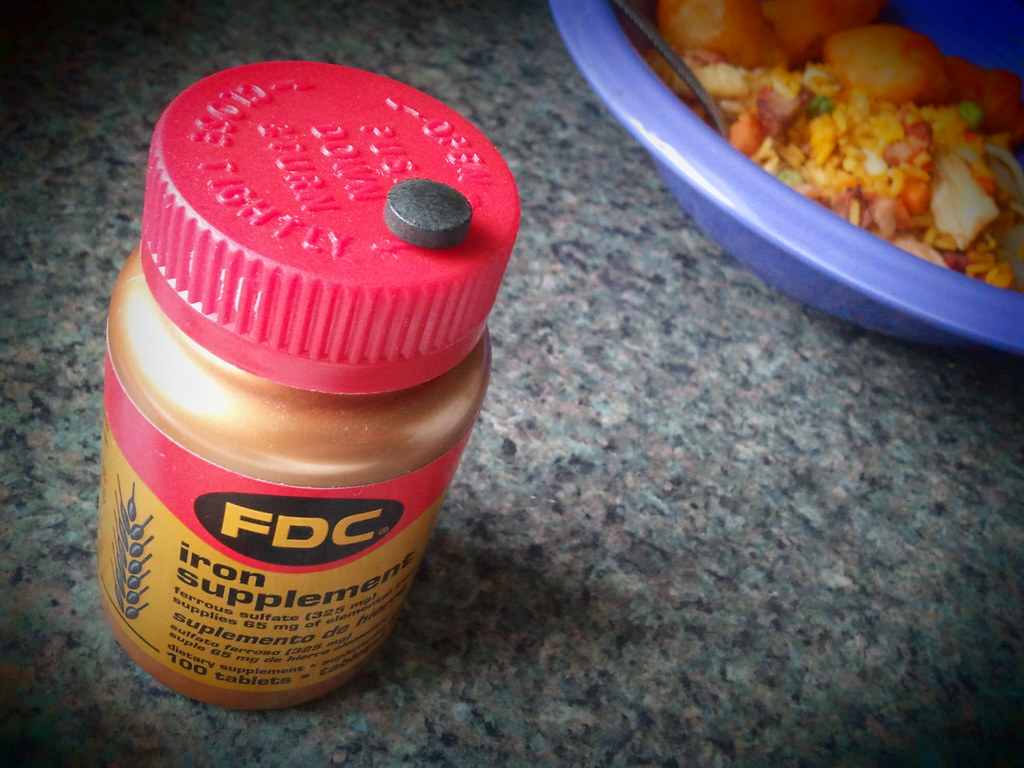
8. **Iron**Iron plays an essential role in numerous bodily functions, and its importance for athletes is particularly profound. Many individuals, including athletes, can experience iron deficiency. Taking an iron supplement helps to boost these levels, ensuring a robust supply of blood and oxygen to your muscles and organs, which is critical for sustained physical activity. Athletes, in particular, tend to use up their iron reserves more quickly due to losses through sweat, menstruation, and excrement during intense training.
While crucial, it’s important to approach iron supplementation with caution, as excessive iron in your system can pose health risks. Too much iron can lead to inflammation, higher cholesterol levels, and even heart complications. Beyond supplements, you can naturally increase your iron intake by incorporating foods like red meat, various types of fish, and citrus fruits into your diet. These natural sources provide iron along with other essential nutrients.
When considering iron supplements, the recommended daily intake should generally cap out at 15mg for women and 10mg daily for men. Athletes, due to their higher turnover, might be able to handle a bit more, but it is always best to consult with your doctor for a specific, personalized dosage. Quality brands such as Life Extension, Nature Made, and Three Arrows Nutra offer reliable options. Prices for iron supplements typically range from under $10 for standard drugstore options up to $30 for athlete-specific formulations.
Read more about: Unmasking the Metabolic Saboteurs: 14 Sneaky Habits Quietly Killing Your Metabolism and What to Do About Them

9. **Glutamine**Glutamine, an amino acid, serves as a significant player in muscle health and athletic performance, primarily stored within the muscles themselves. It effectively decreases fatigue during strenuous activities, making it an invaluable sports performance supplement. When your body experiences stress, such as during intense workouts, glutamine is released into your bloodstream to help prevent muscle damage, actively supporting the integrity of muscle tissue. This makes it an ideal supplement to consider before engaging in long-distance events or demanding strength training sessions.
While generally well-tolerated, some individuals might experience minor side effects when taking glutamine, though these are not common. These can include symptoms such as nausea, swelling in the hands and feet, headaches, and a dry mouth. Should you notice any of these symptoms, it is advisable to discontinue the supplement and consult with your doctor to ensure your well-being. Prioritizing your body’s signals is always key in any supplementation regimen.
Studies have indicated that you can safely take up to 45g of glutamine per day, with research showing no long-term harm when consumed at this level for up to six weeks. This provides a clear guideline for athletes looking to incorporate it into their routine. For those seeking quality, Revive MD Supplements, Transparent Labs, and Bare Performance Nutrition are recognized as some of the best glutamine brands. The price for glutamine supplements can vary, typically ranging from $20 to $60, depending on the size of the tub and any additional nutrients included in the formulation.
Read more about: Beyond ‘Supercalifragilisticexpialidocious’: Unpacking 6 of the Longest, Wildest, and Most Wondrous Words in the English Language
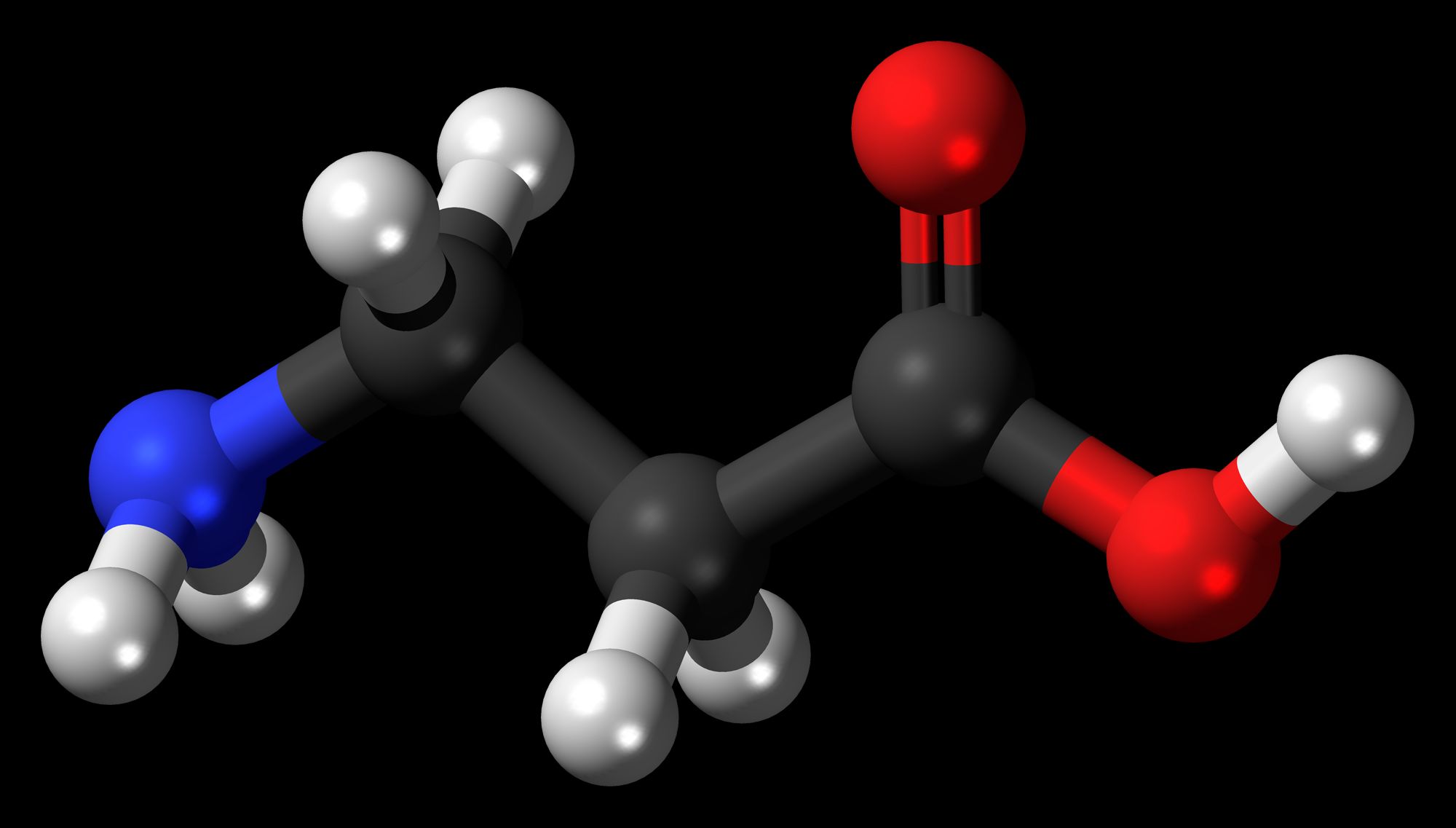
10. **Beta-Alanine**Beta-alanine, another crucial amino acid, is highly regarded in the athletic community for its impressive ability to enhance endurance and significantly reduce fatigue, especially when taken before a workout. Its primary mechanism involves preventing lactic acid buildup in the muscles and effectively eliminating that familiar “muscle burn” sensation you might feel during intense exercise. This allows athletes to push harder and maintain a higher intensity for longer durations during their training or competition.
The efficacy of beta-alanine is rooted in its role in increasing muscle carnosine levels, which in turn enhances intracellular buffering capacity. This delays the onset of muscular fatigue during high-intensity efforts, particularly benefiting anaerobic performance. Research highlights its effectiveness in activities lasting between 1 and 4 minutes, where acidosis often limits performance. Studies involving handball players showed significant increases in average and peak power, while climbers experienced improved performance in continuous climbing and repeated upper body movements. Furthermore, it has demonstrated positive effects on vertical and horizontal jumps in volleyball players, showcasing its impact on explosive power, although results for very short-duration sprint tasks can be mixed.
While its primary strength lies in anaerobic activities, beta-alanine supplementation has also shown mixed yet positive results in improving aerobic performance, particularly for durations up to approximately 25 minutes. It has been observed to improve time to exhaustion in supramaximal cycling, enhance 2 km rowing performance, and aid in performance within aerobic-anaerobic transition zones for endurance athletes. These findings suggest that beta-alanine can contribute to enhanced overall endurance capacity, offering modest benefits that can be meaningful for competitive individuals.
Regarding side effects, beta-alanine is generally well-tolerated, with virtually no significant adverse reactions. Some individuals might report a sensation of skin tingling, known as paresthesia, but this can usually be mitigated by simply lowering the dosage. You can also naturally consume beta-alanine through foods such as poultry, beef, and soybeans. For supplemental use, a daily intake of 2 to 5 grams is typically recommended.
Despite its proven performance benefits, beta-alanine’s impact on body composition remains less clear and consistent across studies. While some research, particularly when combined with rigorous protocols like High-Intensity Interval Training (HIIT), has suggested an increase in lean body mass, it has not consistently shown significant changes in overall body mass, fat mass, or body fat percentage. Therefore, athletes should primarily consider beta-alanine for its robust performance-enhancing capabilities rather than as a direct tool for altering body composition. Top brands for beta-alanine include 1st Phorm, Legion Athletics, and Klean Athlete, with a month’s supply typically costing between $30 to $45.
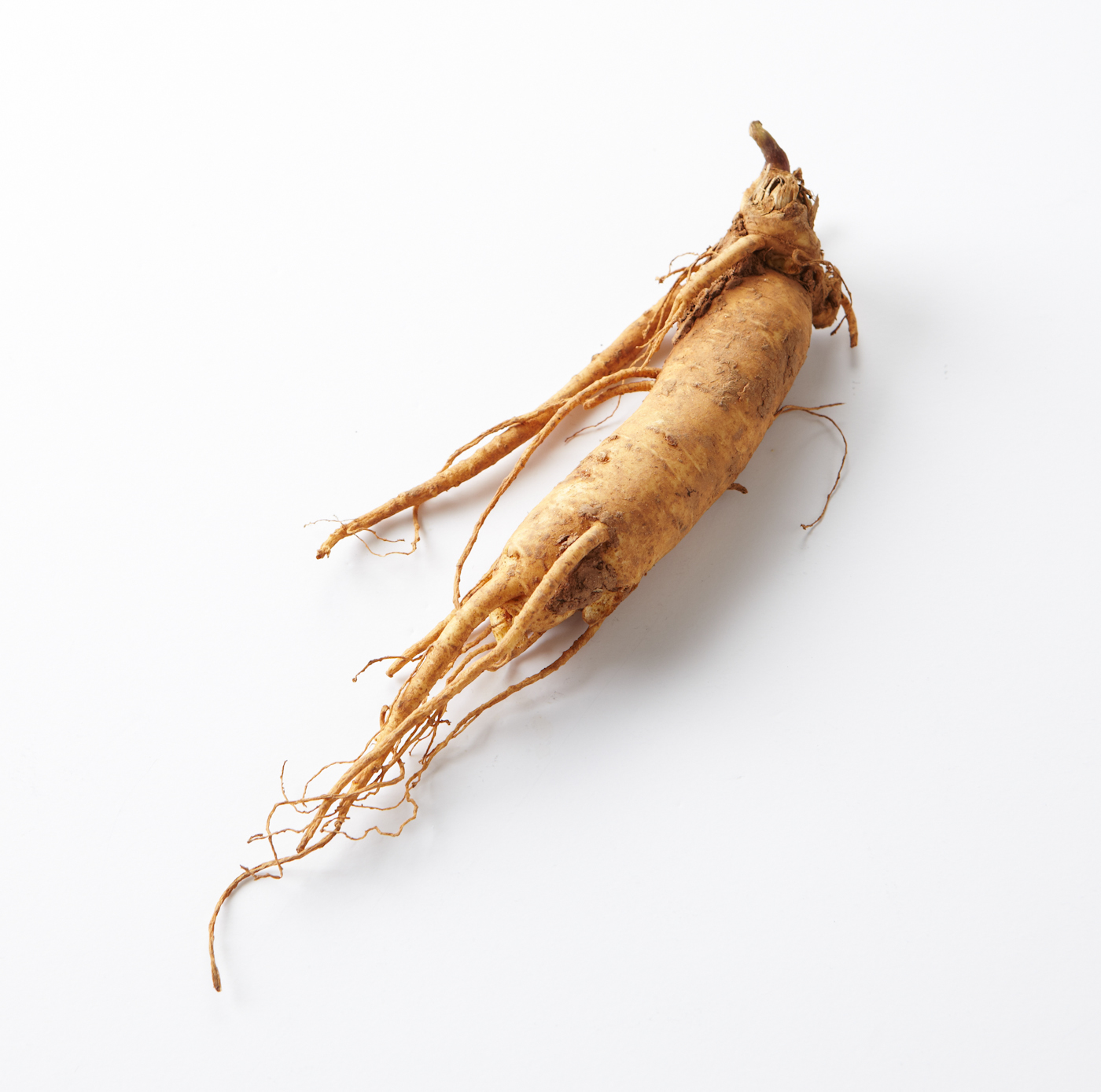
11. **Ginseng**Ginseng, an ancient herb with a long history of traditional use, has garnered attention in the athletic world as a potential energy booster. While studies on its direct impact on energy levels don’t always guarantee definitive results, its popularity, ranking as the second most popular supplement after creatine, suggests that many athletes find it beneficial. For those curious, trying ginseng might be a worthwhile endeavor to personally assess how it impacts your workout performance and overall vitality.
The side effects associated with ginseng are generally mild, often limited to headaches, nausea, and occasional insomnia. However, it’s crucial to be aware that ginseng can interact with certain medications, including blood thinners, anti-inflammatories, and other herbal medications. Therefore, a consultation with your doctor is highly recommended before incorporating ginseng into your supplement regimen, especially if you are currently taking any other medications or supplements.
When beginning with ginseng, it is wise to start with a low dose to observe how your body reacts and how it influences your workouts. You can gradually adjust your intake, with a maximum recommended dose of up to 400mg per day. This flexible approach allows you to “play around with the dosing to see what feels right for you.” Reputable brands include Nature’s Bounty, Supplement First, and Life Extension. While drugstore options can be quite affordable, typically around $10, supplements from health stores often include additional nutrients and start at a higher price point, usually around $20.
Read more about: Decoding the Danger: 9 Alarming Health Effects of Energy Drinks You Can’t Afford to Ignore
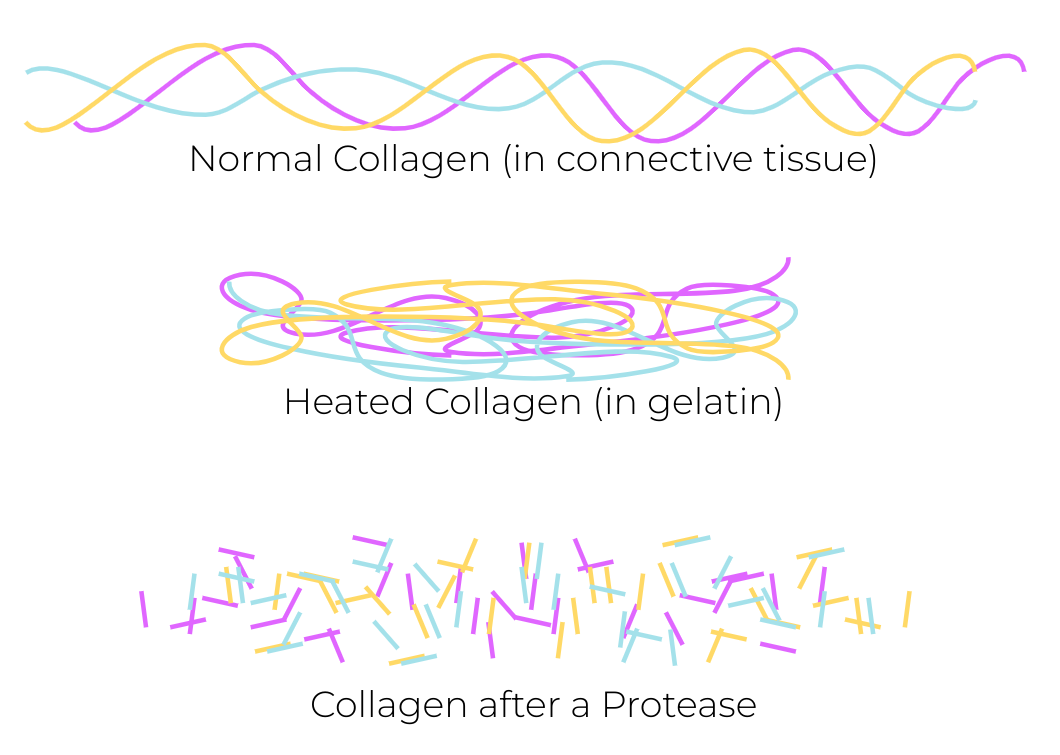
12. **Gelatin (Collagen)**Gelatin, an often-overlooked supplement, is a cooked form of collagen, which is the most abundant protein in our body’s connective tissues. This makes it an unlikely yet highly beneficial aid for athletes, playing a crucial role in building and maintaining strong bones, tendons, and cartilage. By consuming gelatin, athletes can actively boost their physical health, particularly in areas vital for structural integrity and resilience against the stresses of training.
While research is still ongoing to fully elucidate the extent of its effectiveness, the current understanding indicates that there are no known negative side effects to consuming gelatin. This makes it a relatively safe addition to an athlete’s nutritional strategy. Its natural origin and general safety profile contribute to its appeal as a supportive supplement for recovery and long-term joint health.
It is recommended to consume gelatin after exercise to aid in recovery and tissue repair. You can either eat 15 grams of gelatin directly or mix 1.5 tablespoons of gelatin powder with a liquid to create a drinkable supplement. For athletes seeking specialized products, top brands include Maurten, Further Food, and Vital Proteins. While standard Jello boxes are inexpensive, sports-related gelatin products tend to be more expensive, often costing up to $50 for 12 servings, primarily because they frequently contain additional targeted nutrients beneficial for athletic performance and recovery.
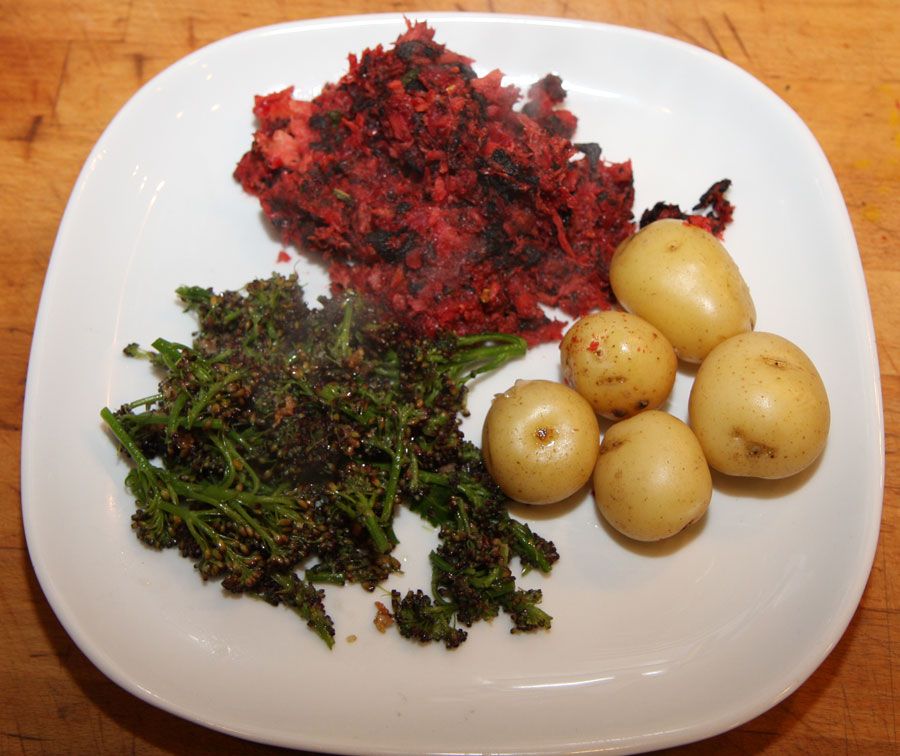
13. **Beetroot**Beetroot has emerged as a powerhouse among performance-enhancing supplements, primarily due to its remarkable ability to raise nitric oxide levels in the body. This, in turn, significantly improves blood flow and oxygen intake, directly translating into boosted physical performance and enhanced cardiovascular health for athletes. Incorporating beetroot, whether through its natural form or a supplement, can provide a substantial advantage in both training and competition by optimizing the delivery of essential nutrients and oxygen to working muscles.
The side effects associated with beetroot consumption are generally minor for most individuals, unless there is a pre-existing allergy. However, it is important to be aware that beetroot can potentially increase your risk for kidney stones in susceptible individuals. Therefore, it is always wise to consult your doctor before regularly ingesting beetroot or its supplements, especially if you have a history of kidney issues or other underlying health concerns.
For those looking to integrate beetroot into their routine, you can either consume one cup of beets daily or drink one cup of beetroot juice. If opting for a supplement, the typical recommendation is two to four capsules a day. Many athletes strategically take twice this amount before their workouts to maximize the acute performance benefits. Brands like UMZU, Humann, and Nature’s Pure Blend are recognized for their quality beetroot supplements, with a one-month supply typically costing around $30.
Read more about: Beyond the Hype: 14 Enduring Food & Health Myths That Men Need to Stop Believing Right Now
As we conclude our deep dive into the 13 most important supplements recommended by top sports doctors, it’s clear that strategic supplementation can be a game-changer for athletes. From supporting foundational needs like muscle building and recovery to optimizing endurance and cognitive function, these aids offer a pathway to unlock peak performance. Remember, these are powerful tools designed to complement, not replace, a balanced diet and consistent training. Always prioritize listening to your body, conducting thorough research, and, most importantly, consulting with your physician to tailor a supplement regimen that is perfectly aligned with your individual health needs and athletic aspirations. Embark on your enhanced fitness journey with knowledge and confidence, ready to achieve new levels of excellence.



